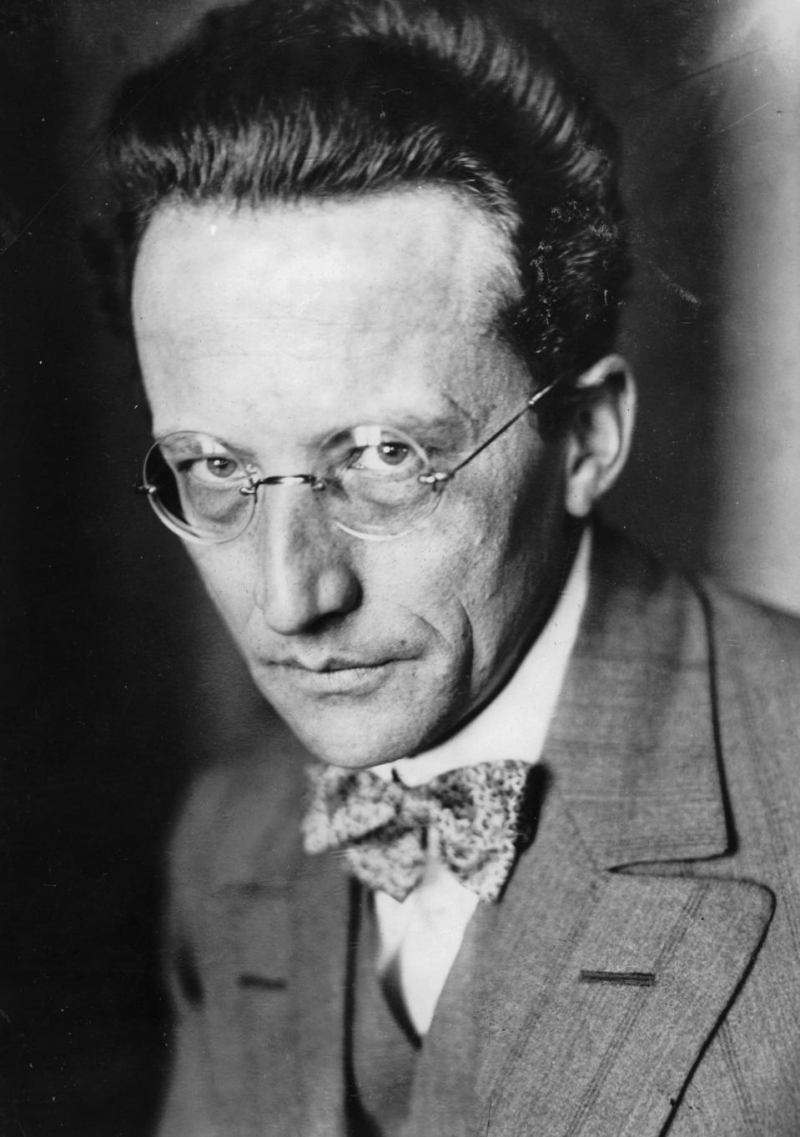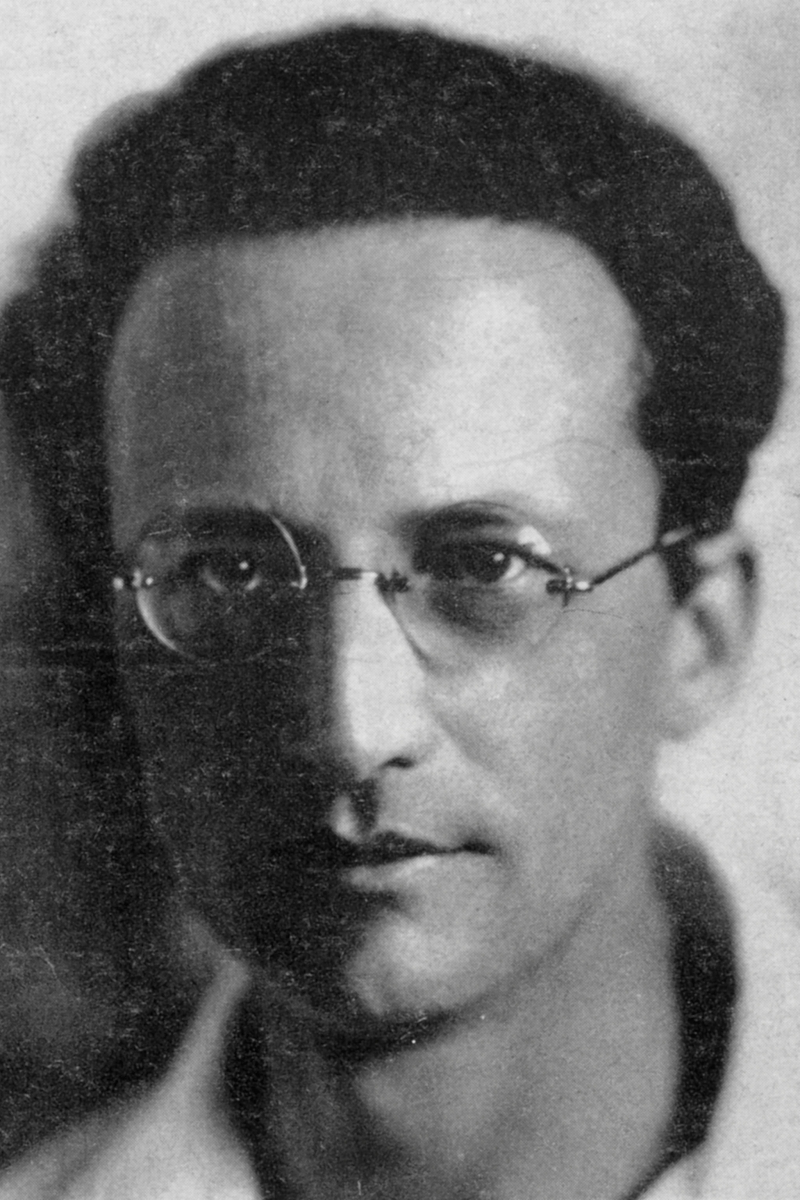At the age of 23, Erwin Schrödinger obtained a Ph.D.
Even as a very young child, Erwin Schrödinger showed a talent for learning. Schrödinger finally continued his academic career at the University of Vienna to pursue his Ph.D. after attracting the interest of his professors and people around him with his good academic achievement.
Following his graduation from the Akademisches Gymnasium in 1906, Schrödinger enrolled at the University of Vienna. Analytical mechanics, partial differential equations applied to dynamics, eigenvalue issues, Maxwell's equations and electromagnetic theory, optics, thermodynamics, and statistical mechanics were among the topics he studied in theoretical physics. The theoretical physics courses given by Fritz Hasenöhrl were the ones that affected Schrödinger the most. Wilhelm Wirtinger instructed him in differential equations, function theory, and mathematical statistics, while Franz Mertens taught him algebra and calculus (whom he found uninspiring as a lecturer). In Gustav Kohn's lectures, he also learned about projective geometry, algebraic curves, and continuous groups.
Schrödinger received his Ph.D. on May 20, 1910, for his dissertation, "On the conduction of electricity on the surface of insulators in wet air." A foreshadowing of the grandeur he would experience throughout his life.









